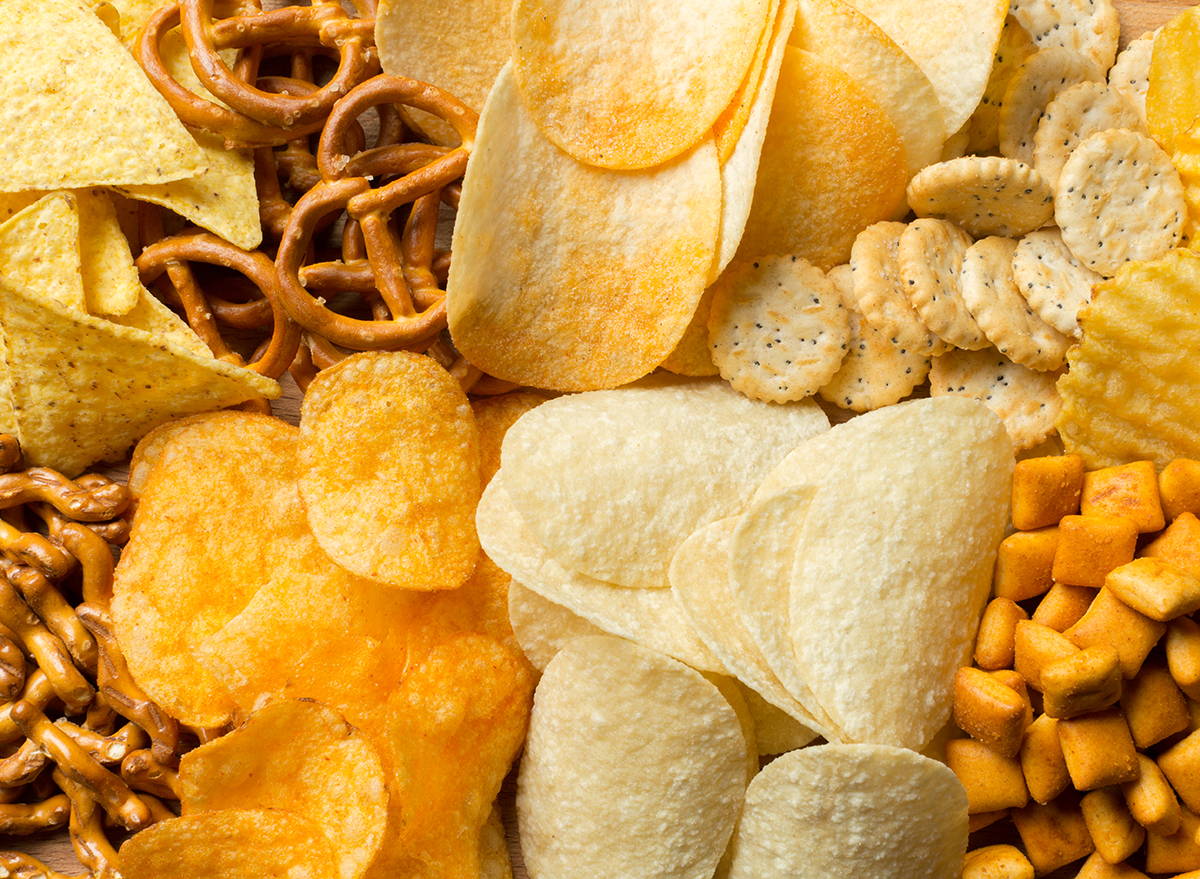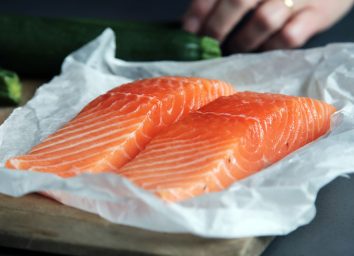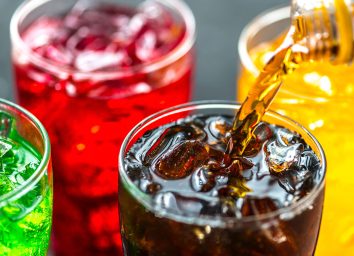Can a High-Sodium Diet Cause Depression in Adolescents?

You are what you eat. How many times have you heard this phrase before? It's simple, it's punchy, and it's actually relatively true.
There is such a thing called the gut-brain axis, which is the way your gut communicates with your brain (and vice versa). The communication network in each organ is comprised of neurons, and in the Enteric Nervous System, which dictates how the gastrointestinal tract feels, there are somewhere between 200 and 600 million neurons. For context, that's about as many neurons as there are in the spinal cord. In the brain, there are roughly 100 billion neurons. So, for example, does this mean that what you eat could be a factor of depression symptoms?
One new study suggests that it does.
Are diet and depression related?
A recent study published in Physiological Reports revealed that high sodium levels and low potassium levels were associated with increased risk of depression in teens.
"Depression among adolescents in the United States has increased by 30 percent over the last decade, and we wanted to know why and how to decrease this number," said Sylvie Mrug, Ph.D., chair of the UAB Department of Psychology in a press release with The University of Alabama at Birmingham. "Very little research has been conducted on diet and depression. Our study shows the need to pay attention to what our children are eating."
The findings from this study help support ongoing research that diet can affect mental health. It's not preposterous to think that eating high sodium fast food items on a regular basis can negatively impact mood. Let's go back to the neurons and their relation to the gut-brain axis for a second. Neurotransmitters are what help facilitate the communication between the brain and the gut, and one such neurotransmitter is pivotal in how the brain responds after eating something that causes gastrointestinal distress.
The neurotransmitter is called serotonin, which is the chemical that allows you to feel happy. Some 95 percent of the body's supply of serotonin resides within the gastrointestinal tract. Maybe it isn't so hard to believe that regular consumption of highly processed foods, which are often high in sodium, could trigger the depletion of this happy-inducing chemical.
What else do we know about the relationship between diet and depression?
Cynthia Sass, RD, CSSD, LA-based performance nutritionist, says that the conclusions of this study parallel what we already know about dietary habits and mental health.
"Sodium is a marker for highly processed foods, and potassium is a marker for produce, so zeroing in on these two provides insights into the bigger picture of one's nutritional status," she says.
The study mostly analyzed the sodium and potassium levels of Black adolescents in urban, low-income areas, where fresh produce may not be accessible or affordable. The 84 participants were asked to report how they felt at the beginning of the study and at the end, a year and a half later. A urine sample was also collected to measure sodium and potassium levels.
What does this particular study inform us about diet and depression?
The results? A diet that's high in sodium and low in potassium best predicted an increase in adolescent depression.
"It also supports other research," says Sass. "One study a few years back found that in young people, a higher intake of veggies and fruits predicted greater well-being, including happiness, life satisfaction, even curiosity, and creativity. Researchers refer to this as flourishing."
This particular study explored two factors in participants: the effects the body has on limiting exposure to chemicals in processed foods, as well as increasing exposure to healthful nutrients. It was found that certain chemicals in processed foods may spur inflammation and stress the immune system.
Conversely, increasing amounts of nutrient-rich foods such as fresh fruits and vegetables feed beneficial gut bacteria, which is linked to better mood and immunity as well as reduced inflammation.
"In my opinion, hitting the daily target for produce and reducing or eliminating processed foods is the most important and most powerful change you can make in your diet," says Sass. "This duo triggers a domino effect that influences mental and physical health in numerous ways and has the power to dramatically improve the quality of life."
In short, you are what you eat, and what you eat is likely affecting how you feel.








